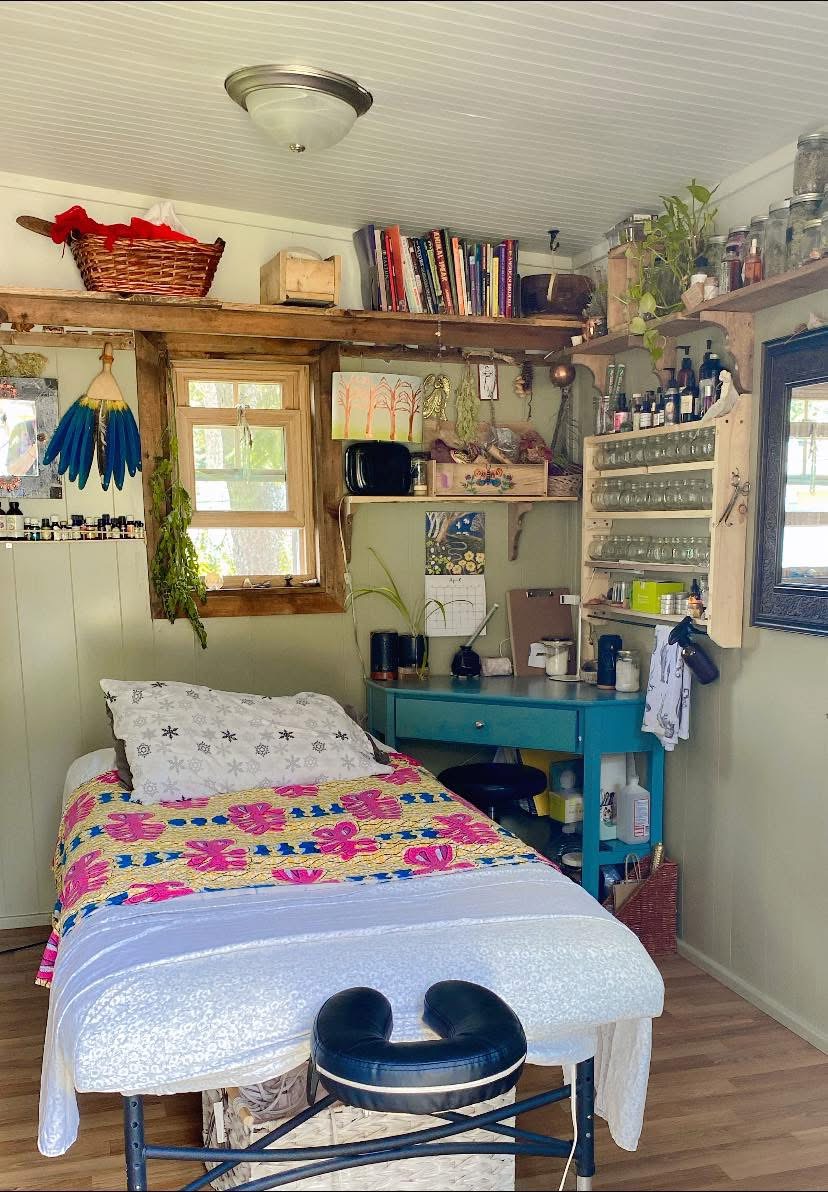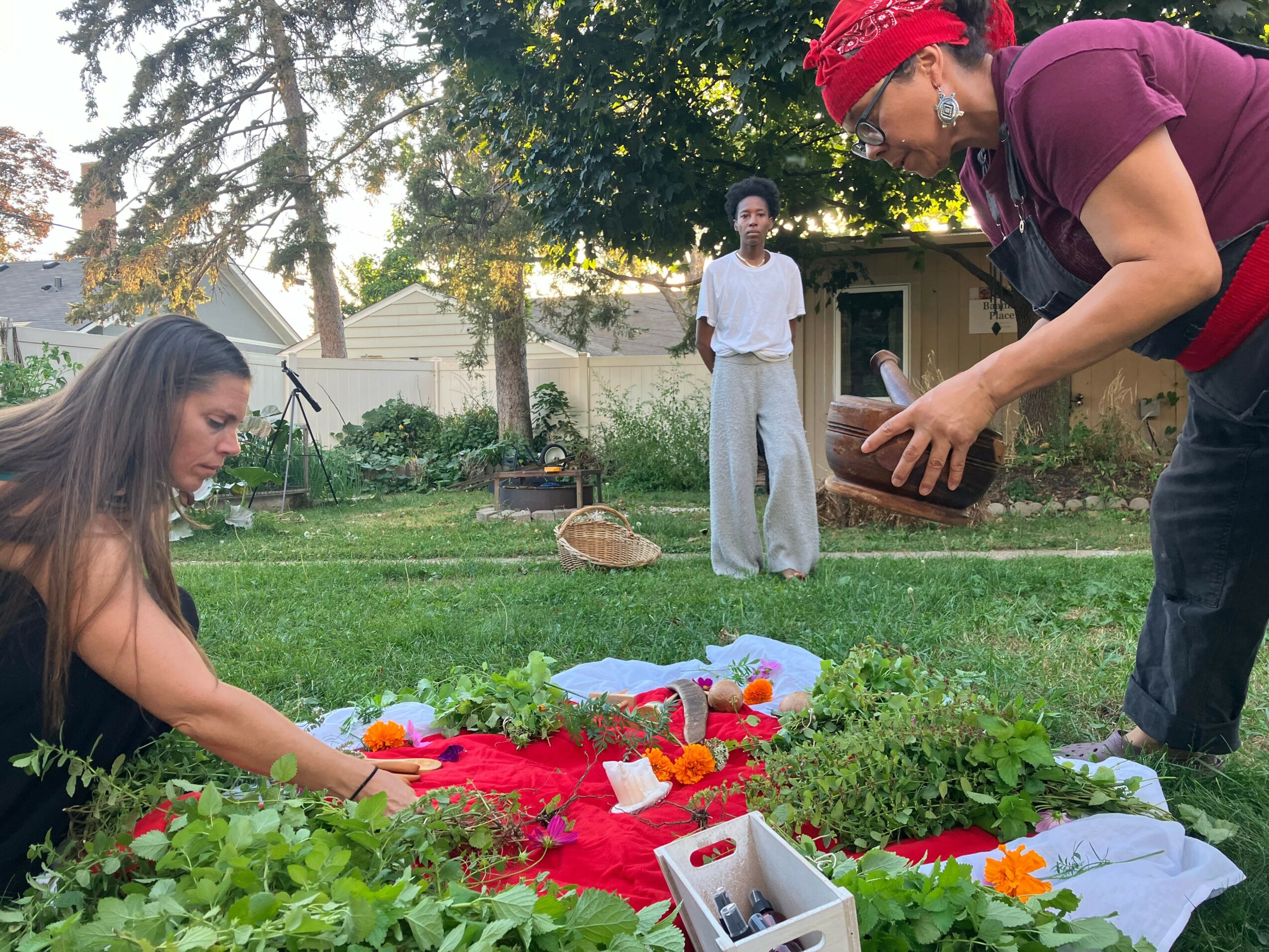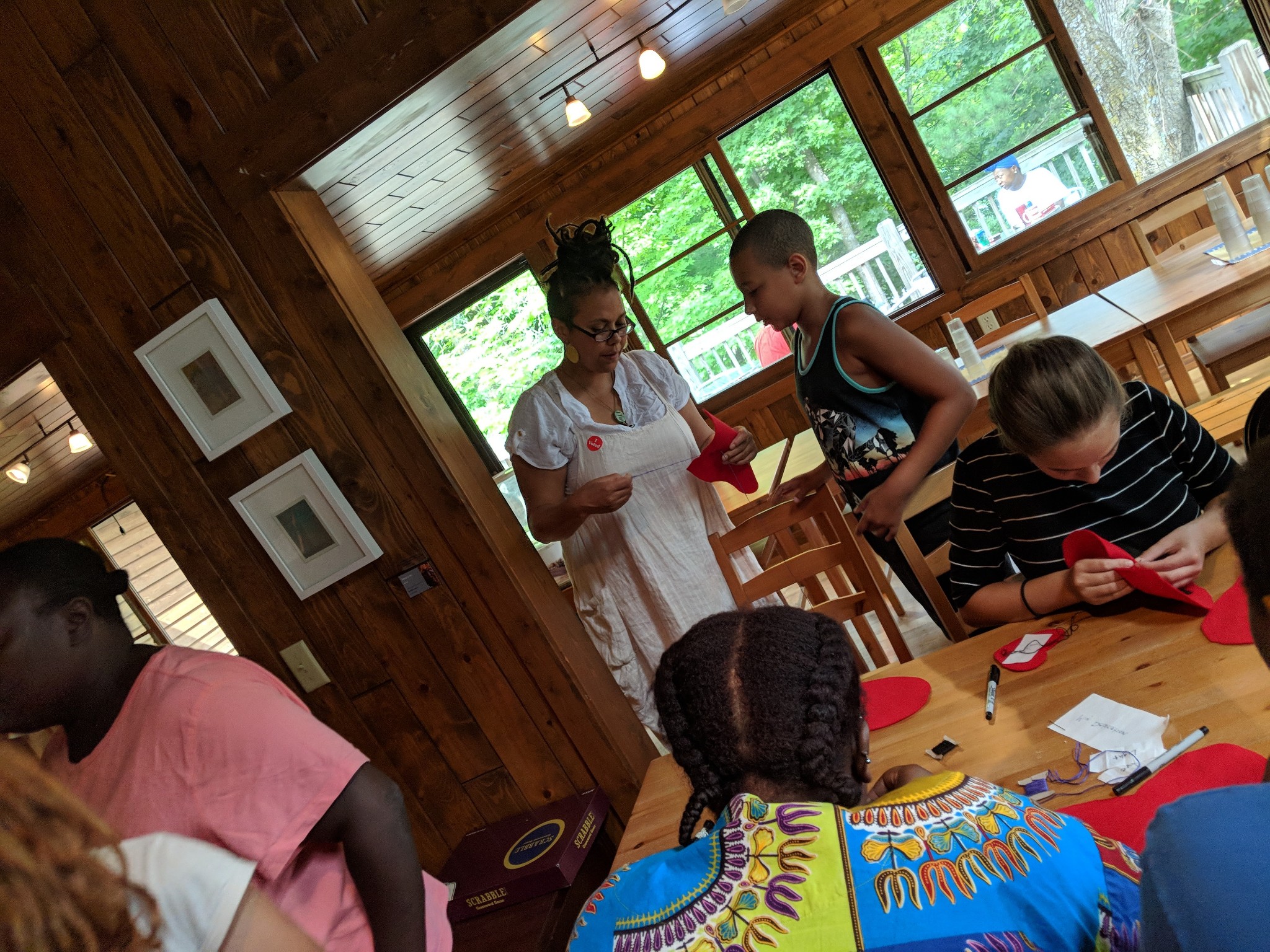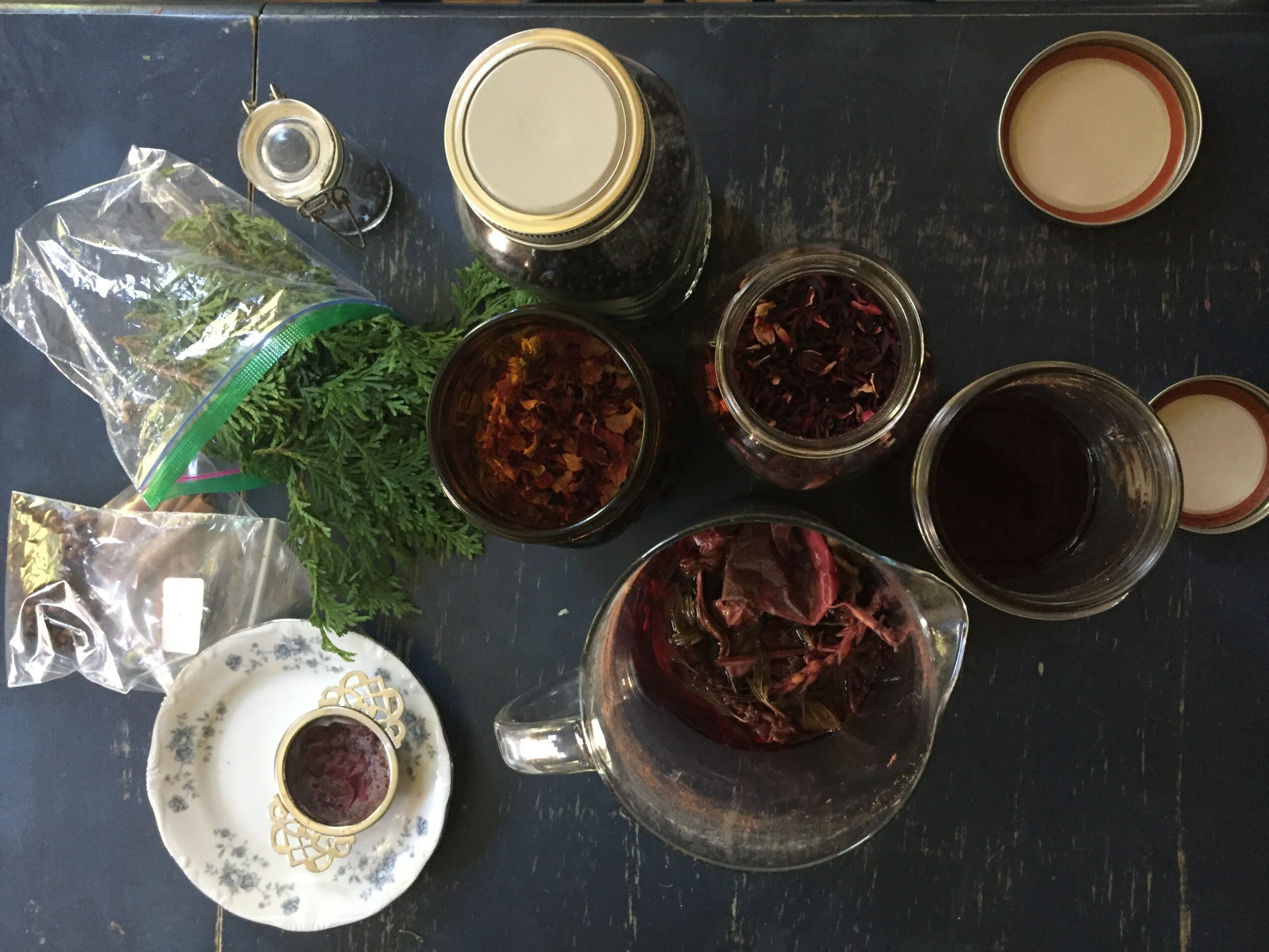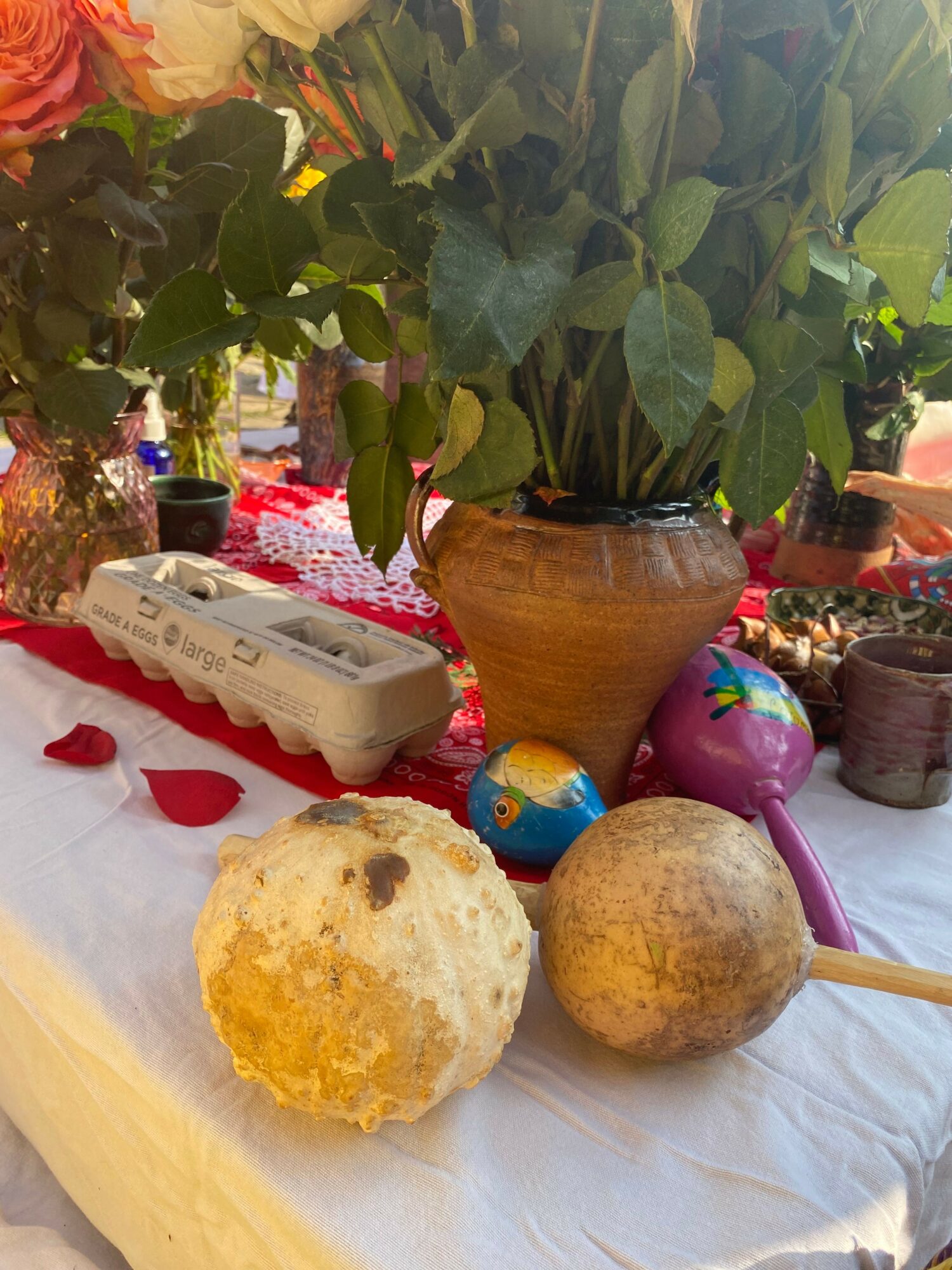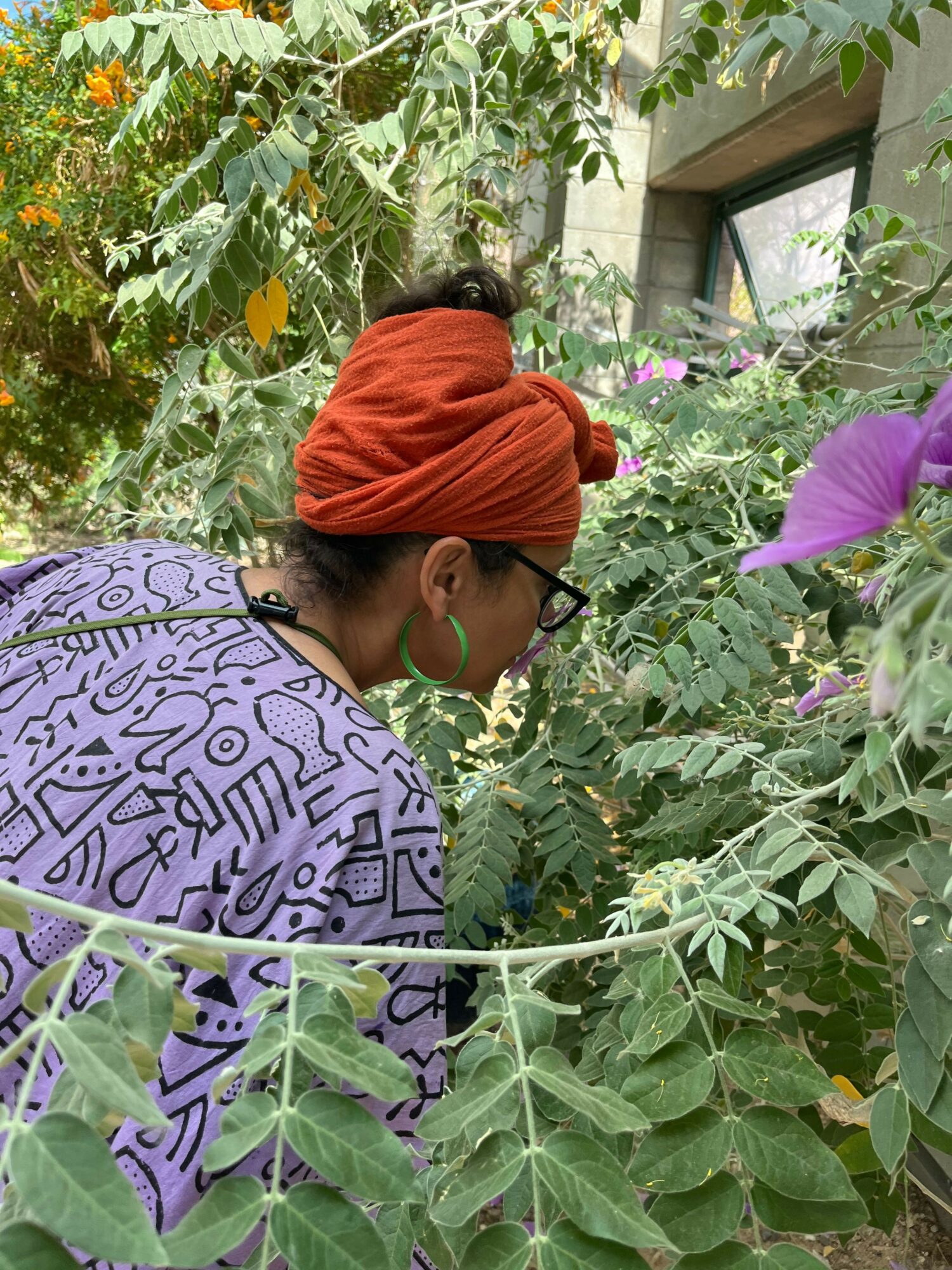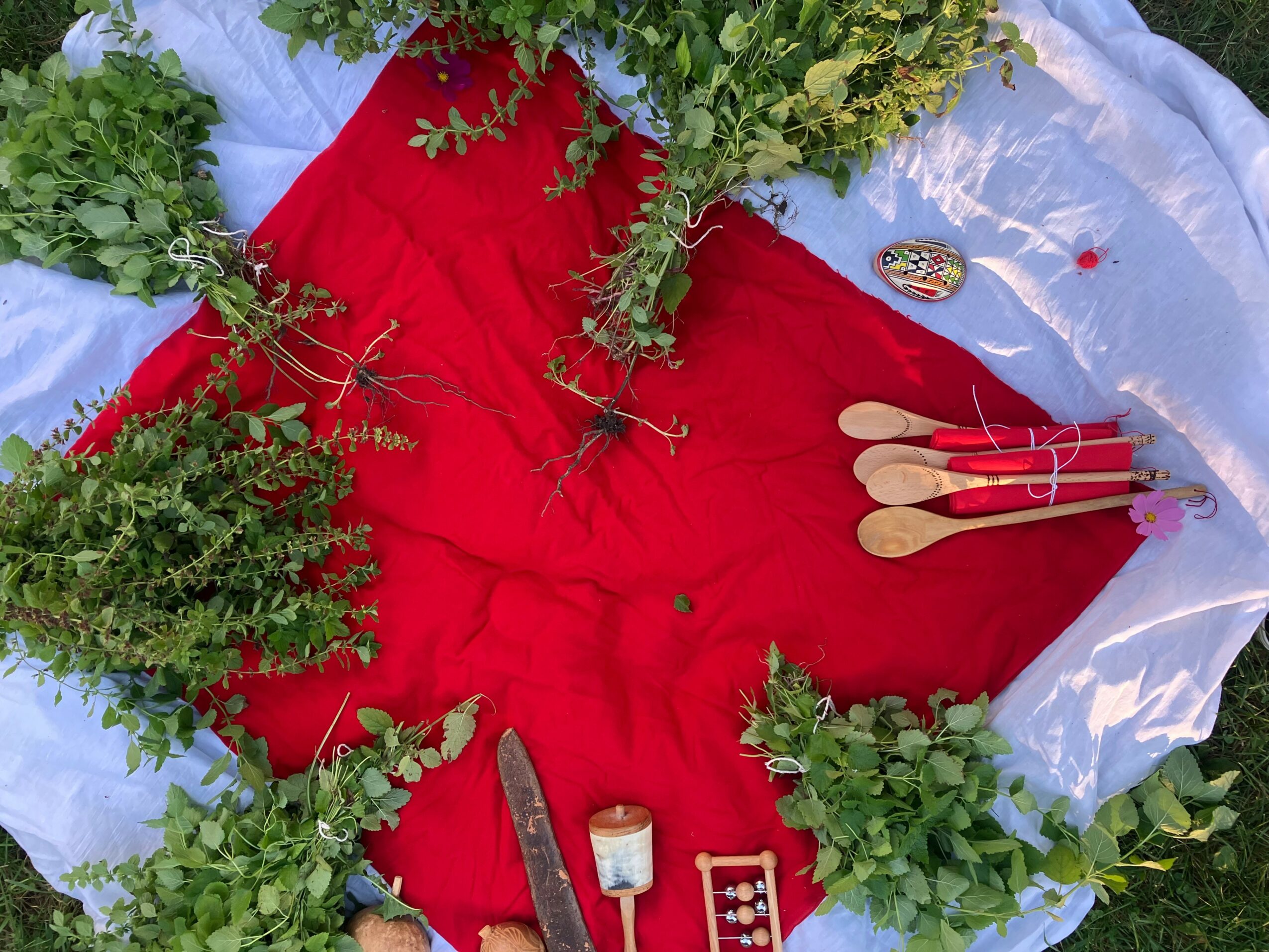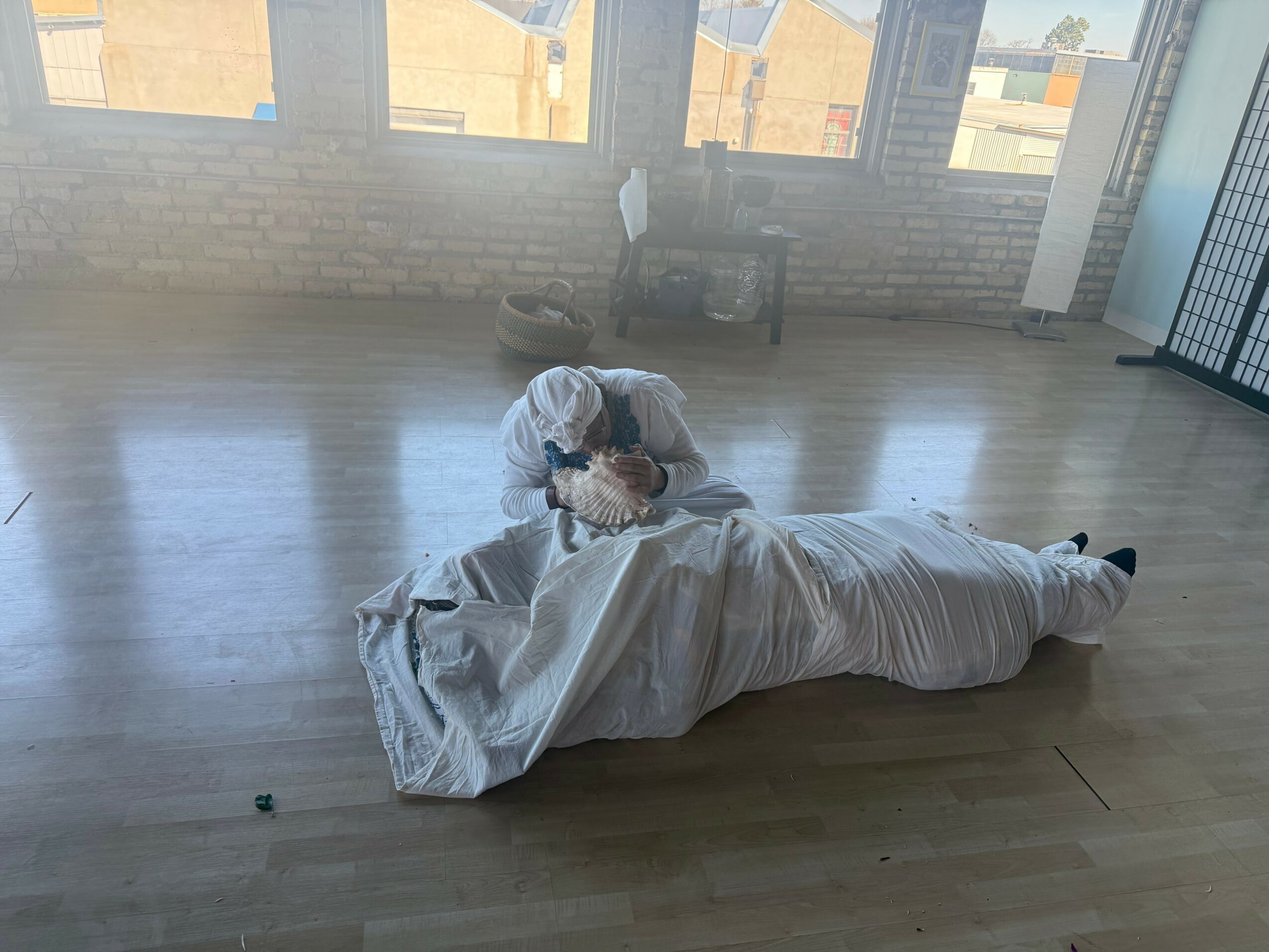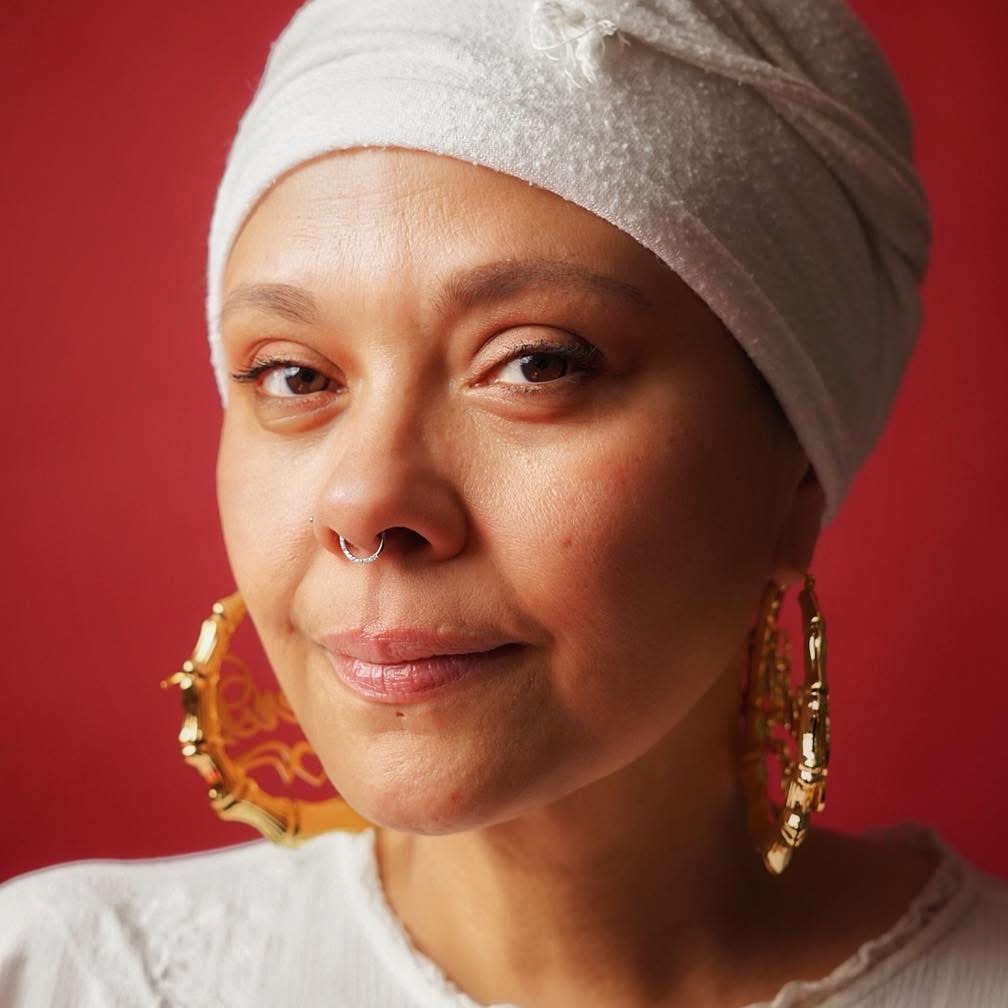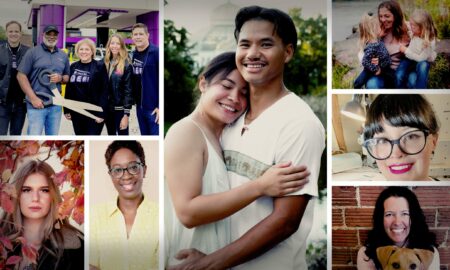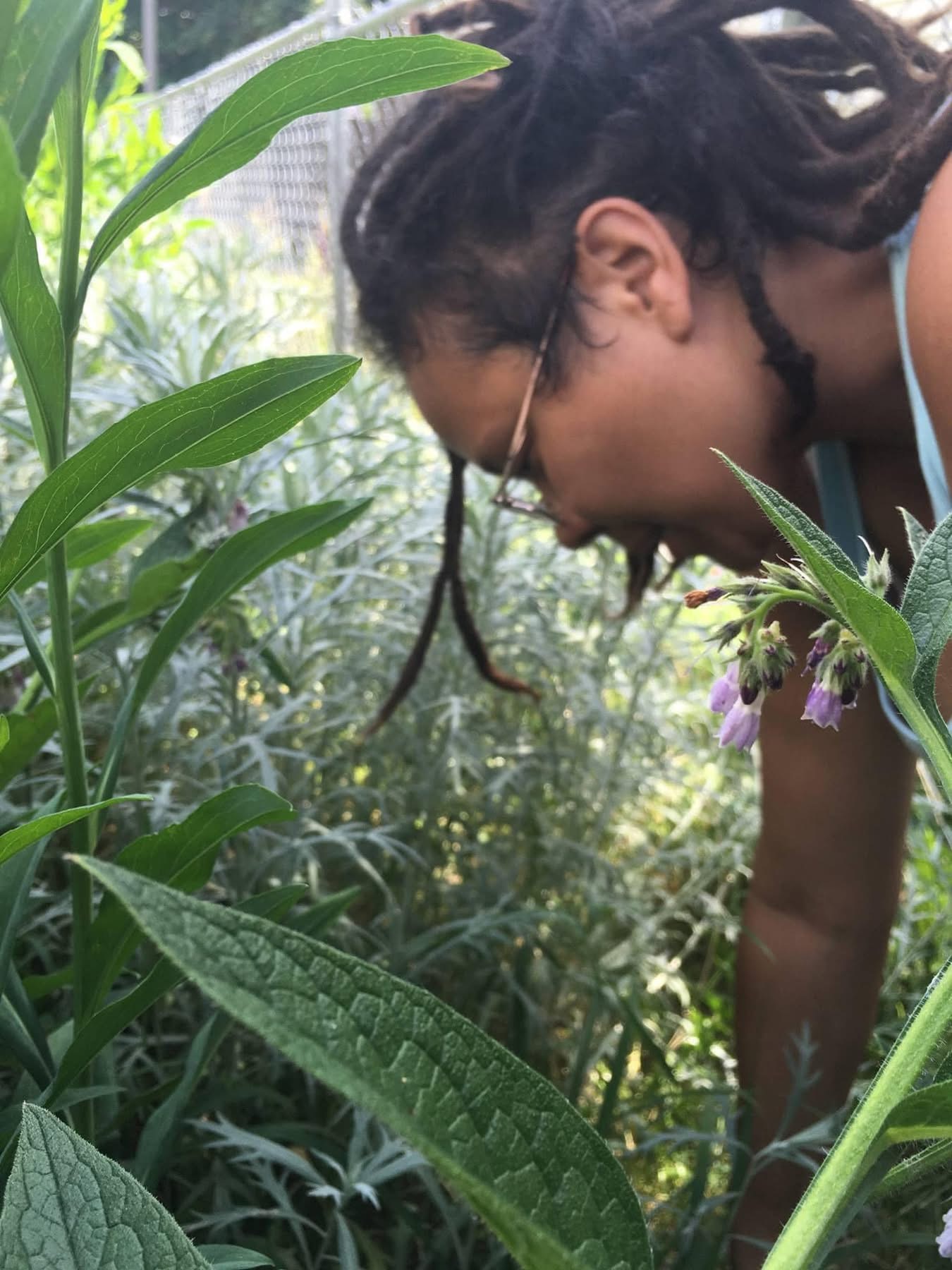

Today we’d like to introduce you to Donyelle Headington.
Hi donyelle, so excited to have you on the platform. So before we get into questions about your work-life, maybe you can bring our readers up to speed on your story and how you got to where you are today?
I’ve always been a listener. Even as a child, I found myself drawn to the people others ignored—elders no one had time for, disabled folks pushed to the side, kids being bullied or silenced. I knew what it felt like to be overlooked, to be made small. I come from a community that has survived deep hardship, and like so many of us, I carried wounds I didn’t yet have language for. Sitting with others who were hurting was, in many ways, my first form of medicine. I didn’t know it then, but I was already practicing care. Already tending to spirit.
My path deepened about twenty years ago when I came to the Cultural Wellness Center and began working with Elder Atum Azzahir on her Map to Wellness. That work changed everything. Elder Atum taught me that healing is not something we do alone. That community, culture, and ancestral knowledge are central to how we recover our wholeness. Through that work, I began to understand that if I wanted to heal myself, I needed to be in relationship. I needed to participate in healing with others. That was the seed of my calling as a folk practitioner.
Can you talk to us a bit about the challenges and lessons you’ve learned along the way. Looking back would you say it’s been easy or smooth in retrospect?
Being a folk practitioner means I do many things—spiritual care, grief work, bodywork, teaching, food medicine, community ritual. But much of what I do isn’t recognized by Western culture as valid or necessary. People often don’t know how to categorize me. Some are even afraid of the work, associating it with “witchcraft” in a negative, fearful way—without understanding its roots in ancestral wisdom, survival, and care. That fear has been isolating.
It’s also been hard to find teachers—especially locally—who understand the depth and nuance of what I do. I’ve had to travel and invest heavily in my learning to access the lineages and knowledge I needed. Still, I have been blessed with local mentors like Kim Hart at Adagio Holistic, Kari Tauring, a Nordic roots educator, Amoke Kubat, an African culture bearer, and of course Elder Atum Azzahir and Saba Mad from the Cultural Wellness Center. Without their guidance, I couldn’t do this work with the depth and grounding it requires.
Another challenge is financial. Traditionally, people doing this kind of work would be supported by the community in tangible ways. A healer would be cared for—people would grow medicine for them, bring food, chop wood, fix the house, offer help. There was a reciprocal ecosystem. Today, I have to charge money in order to survive, and that’s often misunderstood or judged. There’s still a stigma around asking for compensation for spiritual or ancestral work, even though I’m providing essential care. That tension—between survival and tradition—is something I constantly navigate.
Thanks – so what else should our readers know about your work and what you’re currently focused on?
Thank you for asking. My work lives at the intersection of spiritual healing, ancestral remembering, and community care. I’m a spiritual herbalist, grief tender, bodyworker, and folk way practitioner. I specialize in helping people reconnect with their ancestors, their bodies, their intuition, and their cultural roots—especially those who have been cut off from tradition, displaced by systems, or left to grieve alone.
Through my practice, Folkway LLC, I support people in healing spiritual wounds, moving through grief, relieving physical and energetic pain, and reclaiming the practices that their people used to survive and thrive. I do this through a mix of spiritual work, ritual, limpias, fire cupping (drawing from Chinese, Mesoamerican, and European traditions), intuitive ancestral readings, and herbal medicine—both physical and spiritual. I also teach, cook, garden, and create spaces for communal healing, especially for folks who are Black, brown, queer, trans, disabled, or navigating deep life transitions.
I’m known for holding space that feels deeply grounded, culturally aware, and spiritually resonant. People come to me when they feel spiritually lost, physically overwhelmed, or burdened by grief. I work with mothers who have lost children to violence or incarceration. I work with young people who are seeking spirit outside of religious institutions. I work with those in pain—emotional, physical, or ancestral—who need someone to see them clearly and help them begin to move the weight they carry.
What I’m most proud of is that this work is real. It’s not about performance, branding, or trend—it’s rooted in lived experience, in study, in spirit, and in service. I’ve had to work hard to walk this path: to find teachers, to travel for knowledge, to survive the stigma that still surrounds spiritual work and folk healing. I’ve had to learn how to do this in a world that doesn’t always make space for what I do, and I’ve done it anyway—because this is what I’m called to.
What sets me apart is the way I blend tradition and intuition, earth and spirit, the seen and unseen. I don’t just offer services—I offer relationship, remembrance, and space to be fully human. I meet people where they are and walk with them, as our ancestors walked with us.
In terms of your work and the industry, what are some of the changes you are expecting to see over the next five to ten years?
I really don’t know, and to wonder about it isn’t helpful.
Pricing:
- I offer sliding scale rates of $63–$153 per hour so people can pay what they’re able. This keeps my work accessible while honoring the time, training, and care I bring. Those who can pay more help make it possible for me to support others in crisis or with fewer resources.
Contact Info:
- Website: https://Sisterd.com
- Facebook: https://www.facebook.com/share/16MXsP8NWG/?mibextid=wwXIfr
